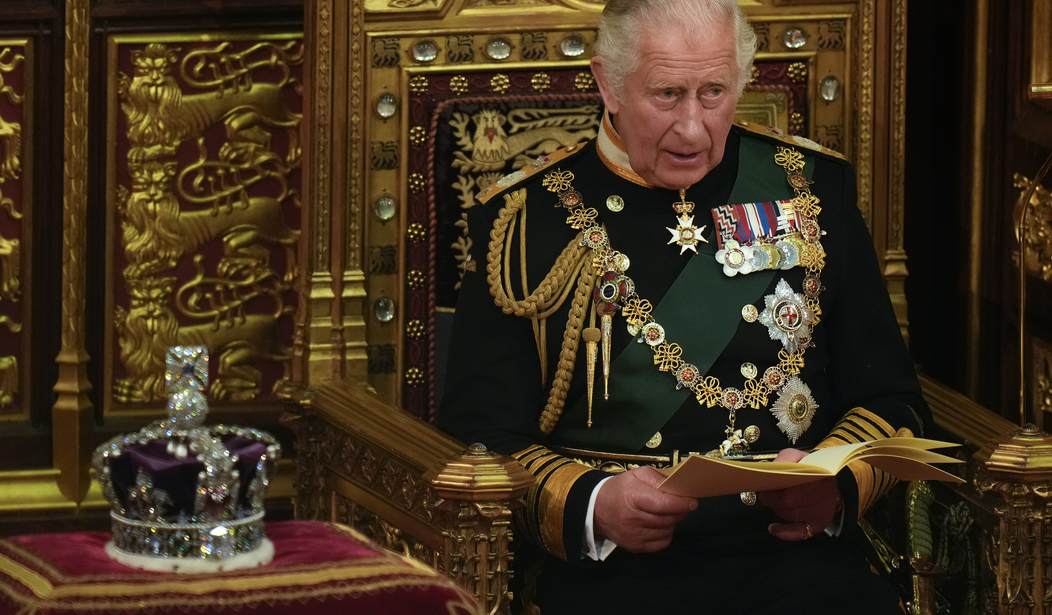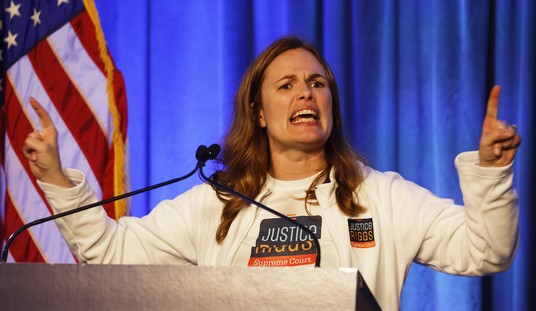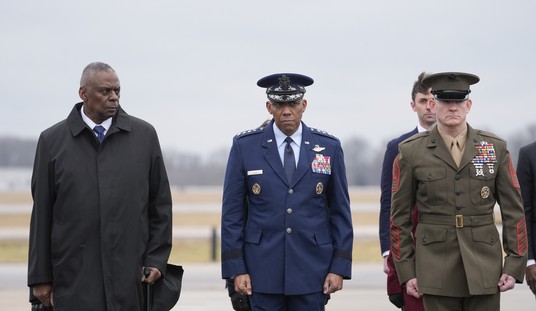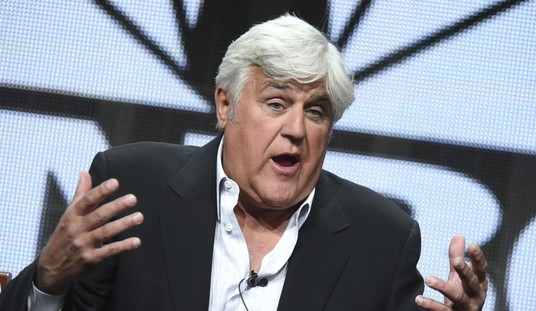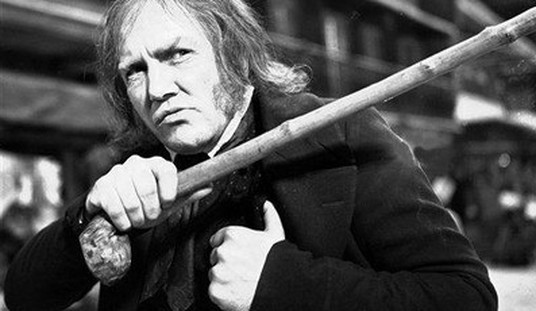It's no news to anyone who has been paying attention to American culture in the last century or so that we have a "cult of celebrity" here. That goes back to the great stage actors, including the notorious Booth brothers of the Civil War era, on through the vaudeville era, and then to Hollywood and the rise of "movie stars." That's as may be; these performers literally bank on their fame and gather fans like flowers draw bees, so it's somewhat understandable that they foment and foster the entire mystique of "celebrity."
What's a little less understandable is why so many Americans seem fascinated with the idea of nobility, and as evidence, I offer the American media's extensive coverage of the British royal family. Here are a few examples from the last week or so:
- 15 Stunning Residences of the British Monarchy
- Kate's been the reliable face of a modern monarchy. Now she's at the center of a media backlash
- The Monarchy Is Dead. Long Live the Memes
This isn't a new thing. For generations, there has been a lot of flirtation between wealthy American families - wealth being, oftentimes, what passes for nobility here - and European royalty. This happened in fiction and real life. Edgar Rice Burrough's Tarzan, whose proper name was John Clayton II, Viscount Greystoke, was married to Jane Porter, an American woman from a Baltimore, Maryland family. In the real world, no less than Winston Churchill was the son of a British father, Lord Randolph Churchill, and an American "socialite" named Jennie Jerome.
The trend continues to this day; consider Prince Harry, Duke of Sussex, and his American celebrity wife.
See Related: Woke Royal: Farage Blasts King Charles Wearing 'Black Rose Poppy'
Biden White House Faces Uncomfortable Questions After Princess 'KateGate' Photo Editing Controversy
Furthermore, it's not as though the United States doesn't have its sort of nobility, aside from the show-business families; setting aside the landed gentry of the antebellum South, we have some of the old-money families of merchants, bankers, and industrialists, like the Roosevelts, and political dynasties like the Kennedys. There is plenty of overlap between the industrialists and merchants and the politicians, of course, and one could even make the case that Donald Trump is one of the latest to make that jump.
While all of this may explain some of the history and some of the causes of this American fascination with nobility in general and the British royals in particular, there is one aspect of the whole thing that is concerning, and that is simply this:
Did not our ancestors fight a bloody revolution to kick the very ideas of "nobility," "royalty," and all that goes with that the hell out of our country?
America is supposed to be a place where each of us is judged, not by what our parents or grandparents did or who they were, but by who we are and what we do. That's an ideal - we haven't always followed it perfectly, but we do a lot better than, say, most of Europe, where they still cling to this medieval notion of "nobility." Oh, sure, most of the nobles have very little in the way of actual power anymore, and in many cases through history, that's for the best, as many of them were manifestly unfit to wield power. Consider, for example, the Habsburg dynasty. A quick look at that inbred collection of inhabitants of Darwin's waiting room will tell you a lot about the very concept of "noble blood."
It's a head-scratcher and can't be explained simply by the cult of celebrity. This fascination is likely due to nothing more than the glamorous trappings of nobility - the fancy clothes, the palaces, the gilt carriages drawn by matched horses - all of which hold some fascination by people who are otherwise worried about how to pay their grocery bill for the month or whether or not their employer will survive Bidenomics. It's not so much about nobility - it's about distraction, a way to look away from our worries for a moment.
Even so, the fact that so many Americans who are citizens of a free nation that has deliberately rejected those notions of nobility and royalty still cling to these notions. I can't help but be concerned about that fascination by so many of my fellow compatriots. It's as though they have been drawn in by a fairy tale - a nasty, elitist fairy tale in which some people are entitled to riches and fame simply because of who their parents are, and others are expected to bend a knee to them and address them as "My Lord/Lady," or worse, "Your Highness." That flies in the face of what makes America unique; it's a big part of what we drove back across the Atlantic Ocean, at great cost, almost 250 years ago.
We've come a long, long way from the ideals of the Founders.

